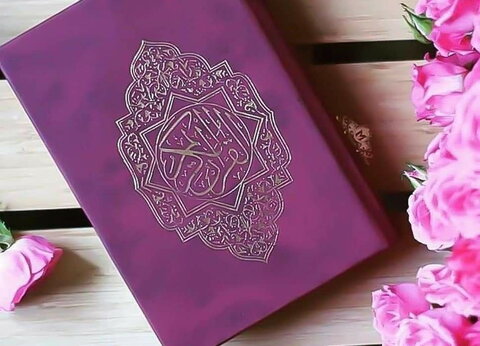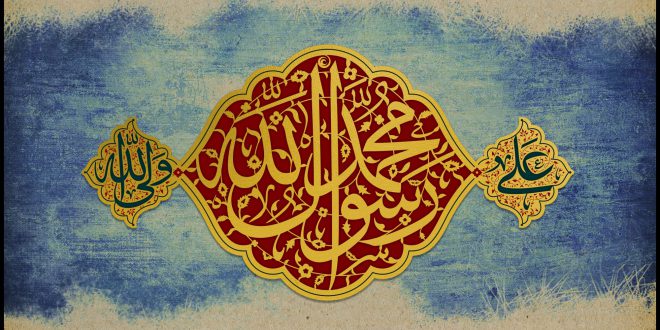What follows is Shafaqna’s review of the article entitled as ‘Qur’anic Exegeses by the Prophet’, written by Muhammad Ali Mahdavirad, which is published as Chapter 2 of the book ‘Tafsir (Qur’anic Exegesis): An Entry from Encyclopaedia of the World of Islam’, Edited by Gholamali Haddas Adel, Mohammad Jafar Elmi, Hassan Taromi-Rad.
According to historians, the Prophet (PBUH) was the first to interpret the Quran. They believe that the lifetime of the Prophet (PBUH) has been the beginning of the practice of Quranic exegesis. Numerous verses in Quran reveals this fact. However, there is still disagreement among Quranic exegets on determining the role of the Prophet (PBUH) in the mentioned capacity.
There is also difference of opinion among Quranic exegets as to what extent the Prophet (PBUH) interpreted the Quran. Ibn Taymiyya, for instance, is convinced that the Holy Prophet (PBUH) provided interpretation for the entire Quran. To substantiate this, he cites it, as well as the effort the companions put into understanding the significance of Quranic verses, which would have been impossible if the meaning of the verses were unclear. But other scholars, adducing a number of Hadiths, believe that the Prophet (PBUH) interpreted only a small number of verses. Tabatabaei sides with the latter view, estimating the number of the prophetic Hadiths interpreting Quranic verses to be less than two hundred and fifty. Quranic interpretation offered by the Prophet (PBUH) may be divided into a number of categories, as explained below:
1. Elucidating vague; (Mujmal)verses. It states that many injunctions set forth in the Quran are vague. And that God has entrusted to the Prophet (PBUH) the duty to elaborate such verses.
2. Restricting the general (‘Amm) verses. Prophetic Traditions confine many of the general injunctions decreed in the verses from the Prophet (PBUH) to limit the scope of a general injunction in the Quran.
3. Delimiting the absolute (Mutlaq) verses. There are many verses in the Quran prescribing absolute decrees to delimit Prophetic Tradition.
4. Defining Islamic terms. The Quran was revealed in Arabics to the Arabs. There were words, however, to which the Quran gave new meanings. These terms had to be defined by the Prophet (PBUH).
5. Expanding on Quranic injunctions. Occasionally, the Quran mentions a certain injunction in general without providing specifics. In such cases, it was duty of the Prophet (PBUH) to elucidate on the details.
6. Distinguishing the abrogating and the abrogated verses. It is a point of debate whether any of the Quranic verses have been abrogated. Those, however, who argue for the presence of abrogated verses in the Quran consider them to be very few.

 صراط عشق صراط عشق
صراط عشق صراط عشق




